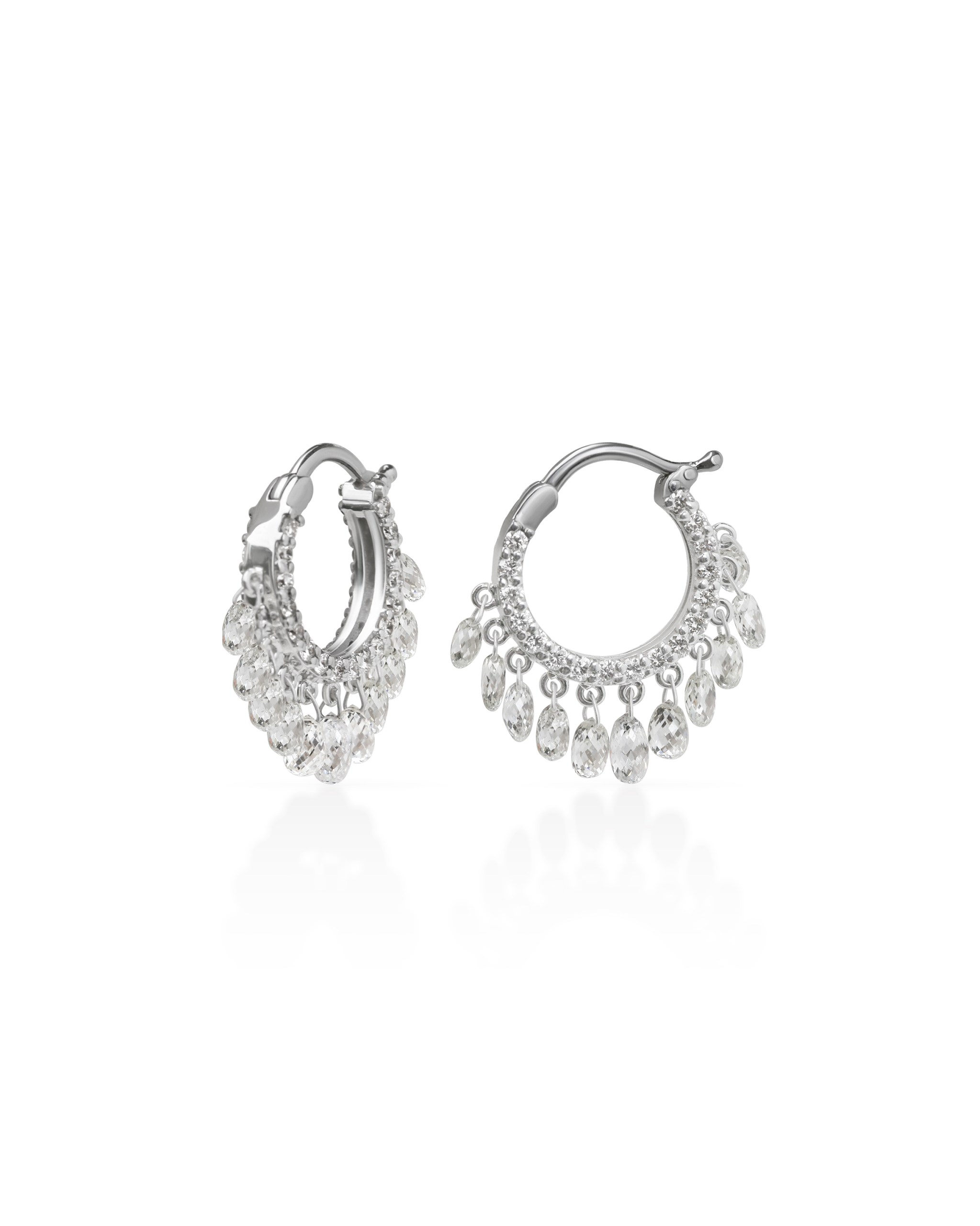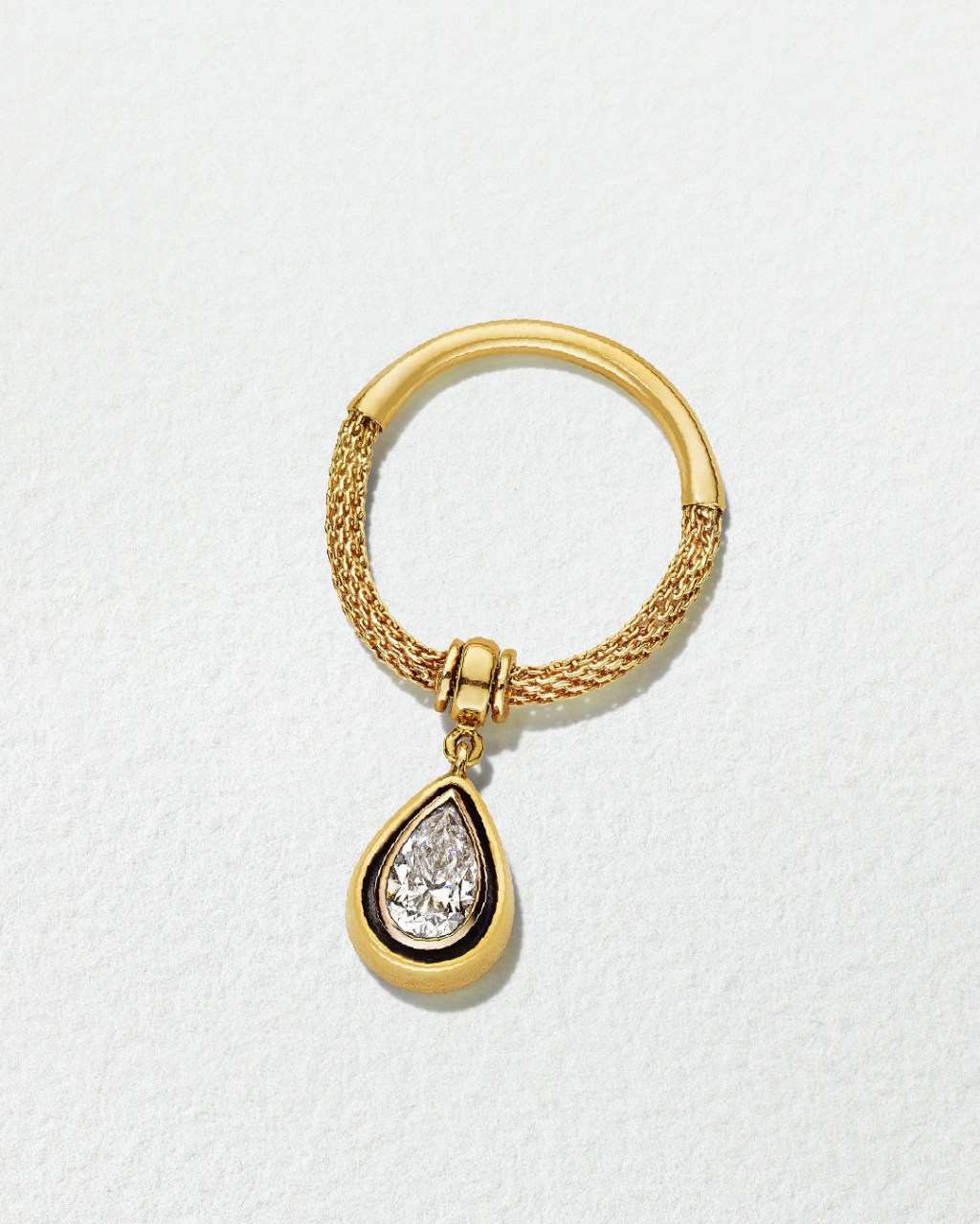Every Natural Diamond Shape Decoded
An educational guide to natural diamond shapes for the modern buyer who’s not afraid to break from tradition.
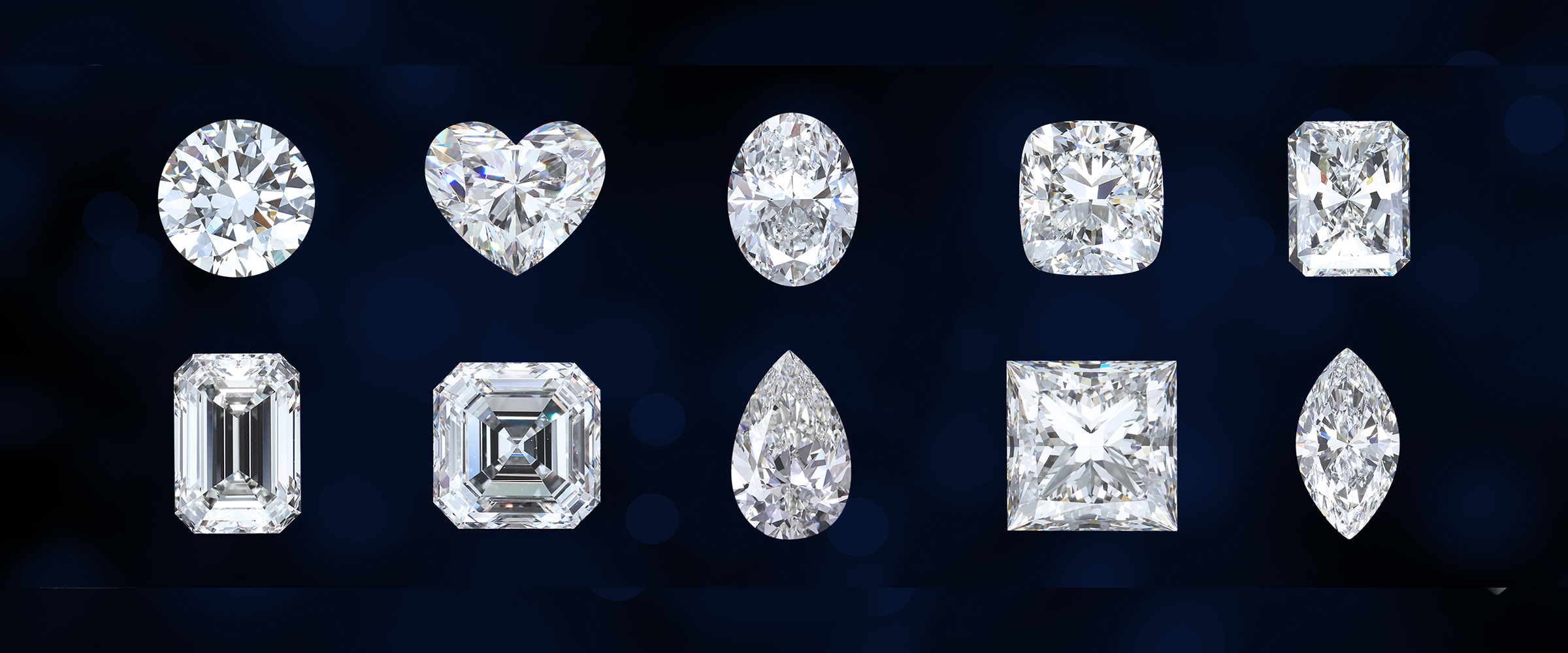
A classic is a classic—its allure unfading, as it remains etched in history and memory. For generations, the round diamond shape has reigned supreme, beloved for its perfect symmetry, unmatched brilliance, and timeless elegance. But in the evolving language of luxury, where individuality meets convention and style becomes deeply personal, new silhouettes are stepping into the spotlight.
Today’s most sought-after diamond shapes are anything but ordinary. From romance and geometric precision to contemporary flair, they reflect light, uniqueness, and an inherent sense of self. Here are diamond shapes rewriting the rulebook and will find favour with the minimalist purist, a vintage lover, a style maximalist, or just anyone seeking a piece of timeless luxury.
The Classics: Forever Shapes with Enduring Appeal
These shapes have stood the test of time—elegant, and familiar, yet always open to reinterpretation.
Emerald: Symmetry in Style
The emerald shape traces its origins to the 1500s and saw a revival during the Art Deco era. Characterised by a rectangular silhouette, clean geometry and hall-of-mirrors effect, its long, step-shape facets create the illusion of a larger diamond and emphasise clarity over sparkle. Unsurprisingly, its timeless elegance has bewitched icons like Beyoncé, whose 20-carat dazzler radiates unapologetic glamour, and Amal Clooney, whose ring embodies modern classicism.
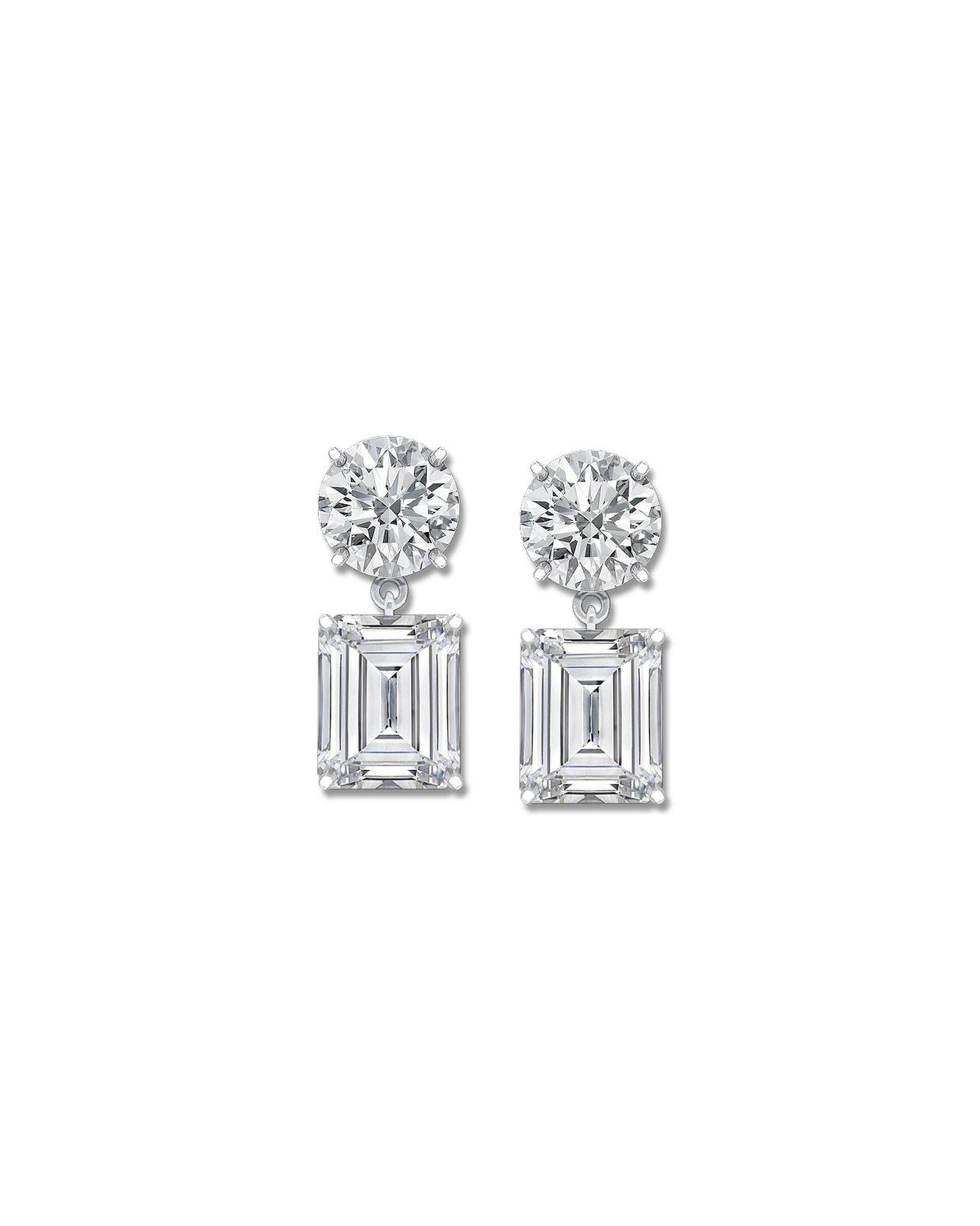
Oval: Elegance in Motion
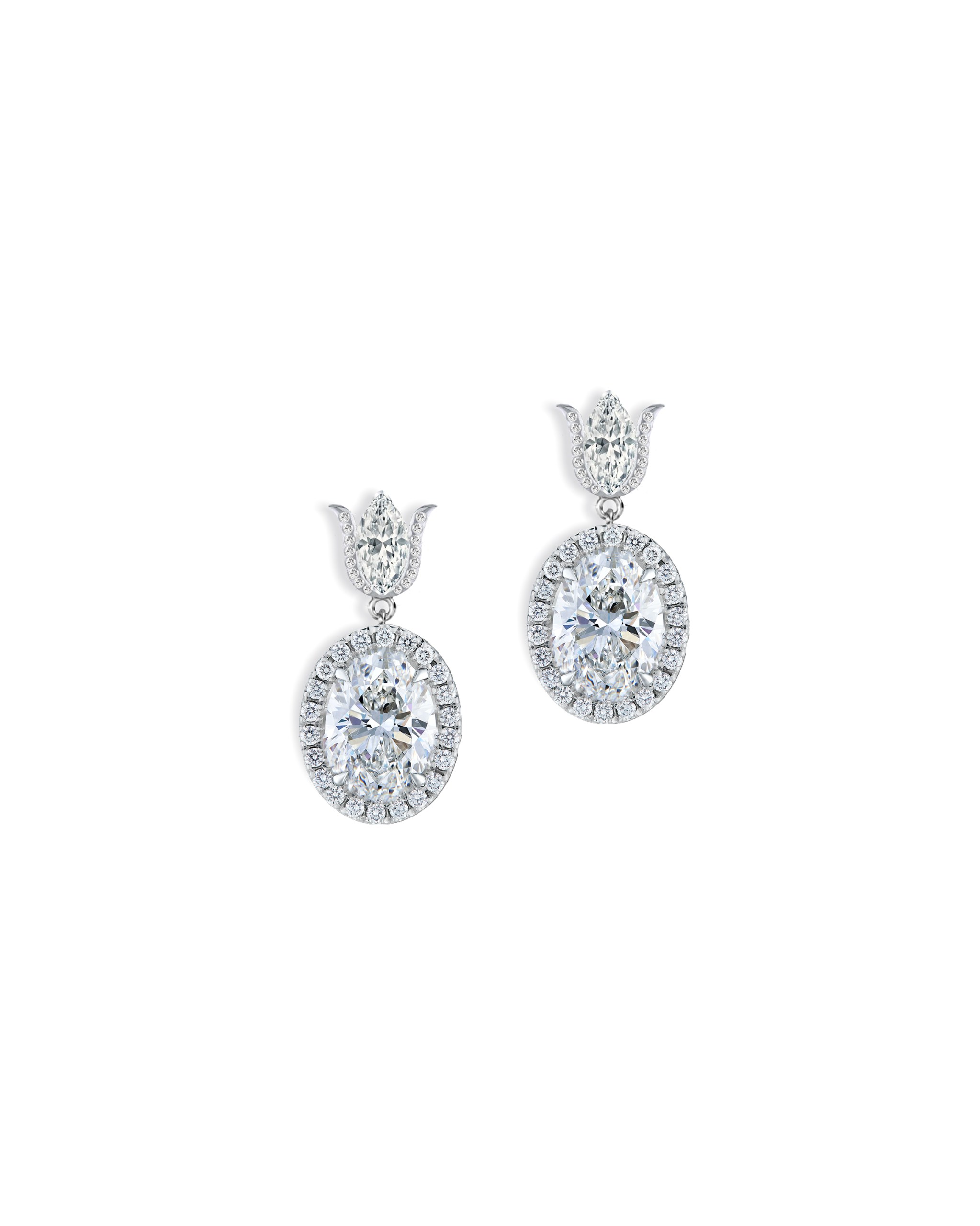
Behind the modern grace and feminine fluidity in Hailey Bieber’s ring lies an elongated oval diamond, perfected in the 1950s. Classic yet unexpected, the oval shape marries the fire of a round shape with a sleek, contemporary profile. These diamonds can appear larger than round ones, even at the same carat.
Heart: Sentiment in Shape
The heart-shaped diamond is for those who wear their love on their sleeve. Among the oldest diamond shapes, its royal roots trace back to 1463, when the Duke of Milan referenced a heart-shaped natural diamond in private correspondence. Though technically complex to shape, its allure lies in its obvious metaphor.
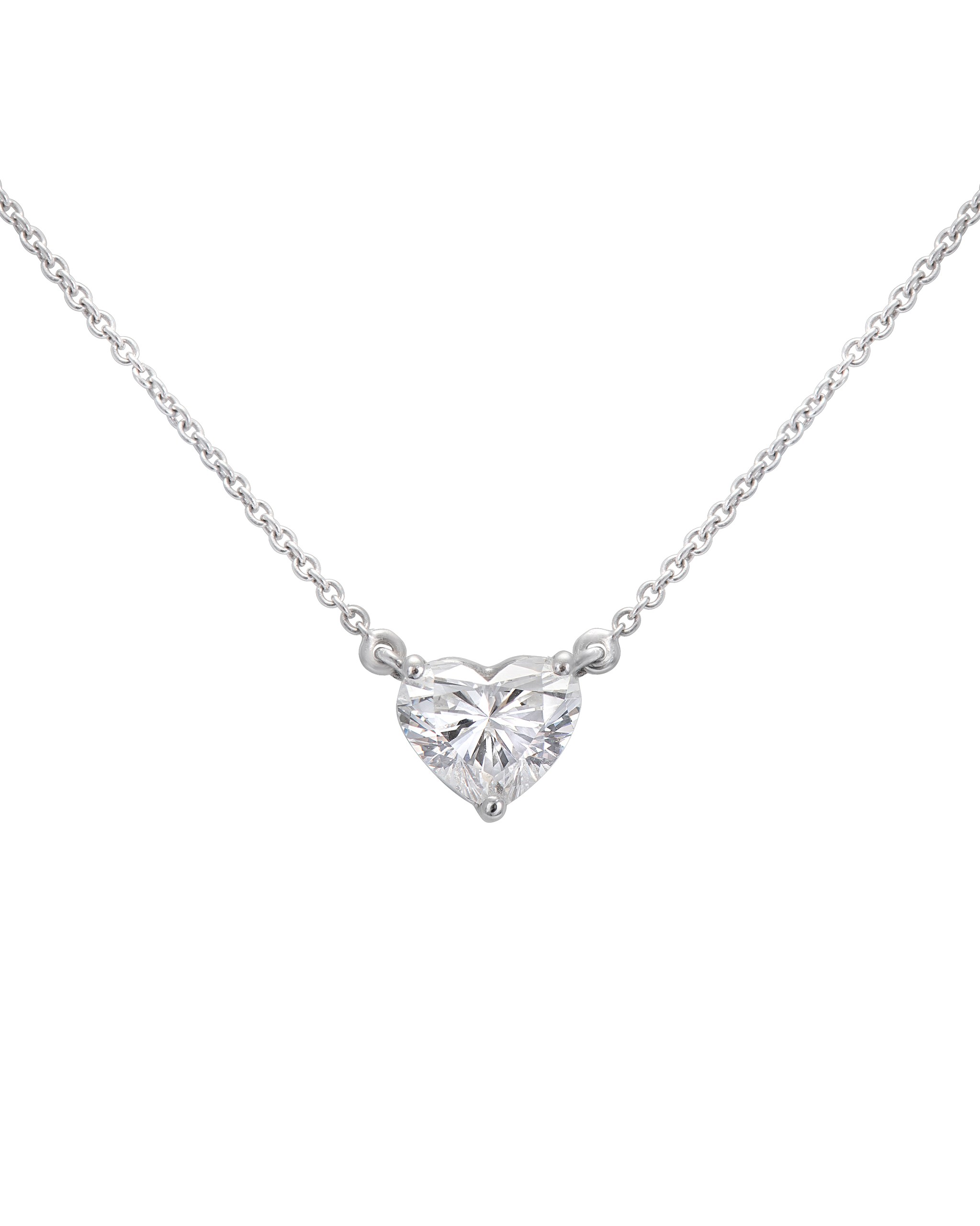
Cushion: Old Soul, New Story
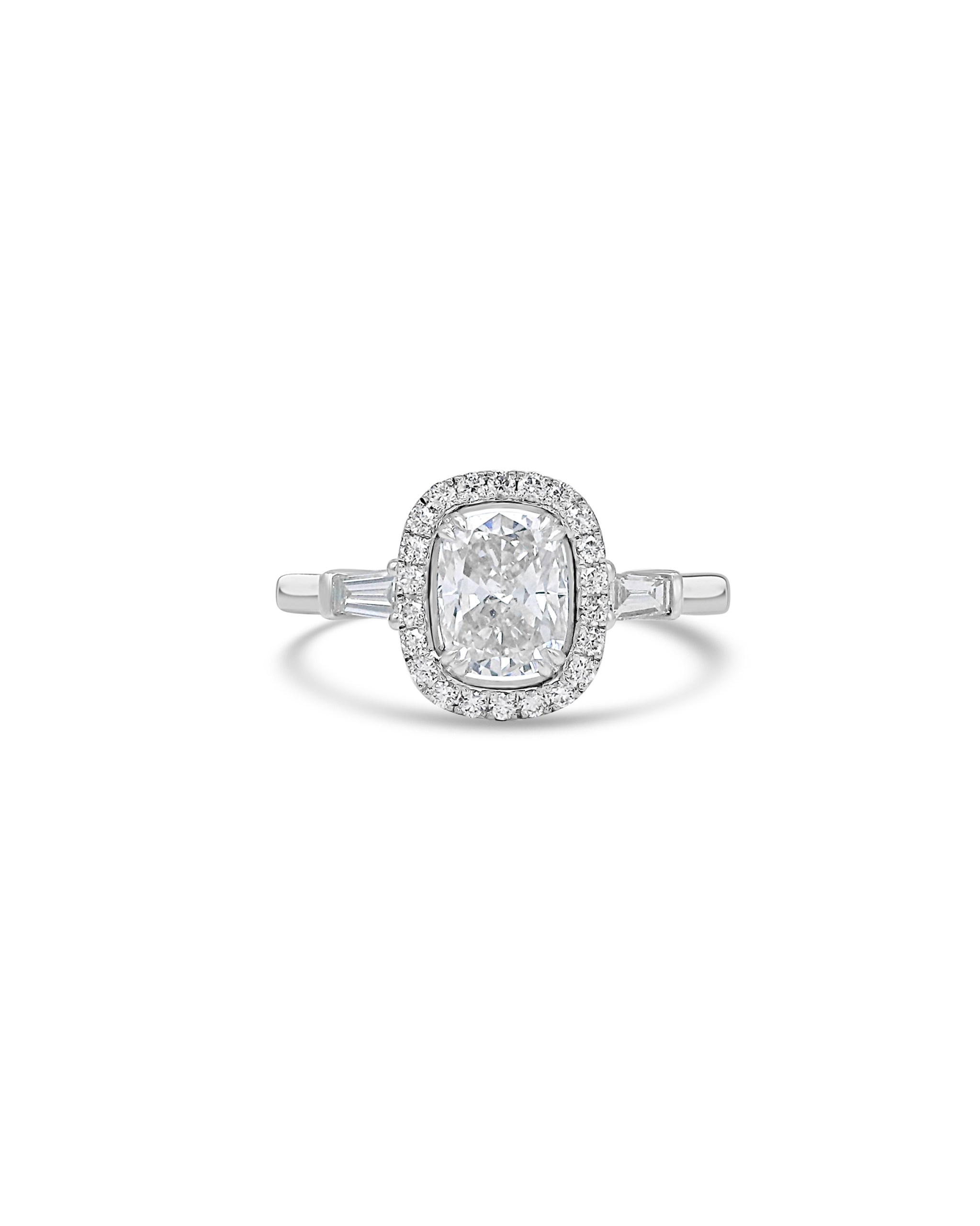
With its softly rounded corners and square or rectangular form, the cushion shape traces its roots to the 18th-century Old Mine shape. Its pillow-like shape and large facets exude warmth, depth, and an old-world charm. Just look at Priyanka Chopra Jonas’s engagement ring, a bold update on a timeless classic.
Marquise: Royal Drama
Commissioned by King Louis XV in the 18th century to mirror the perfectly contoured lips of his mistress, the Marquise de Pompadour features an elongated, boat-like shape and pointed tips. Marquise maximises the diamond’s face-up surface area, creating the illusion of a more commanding piece.
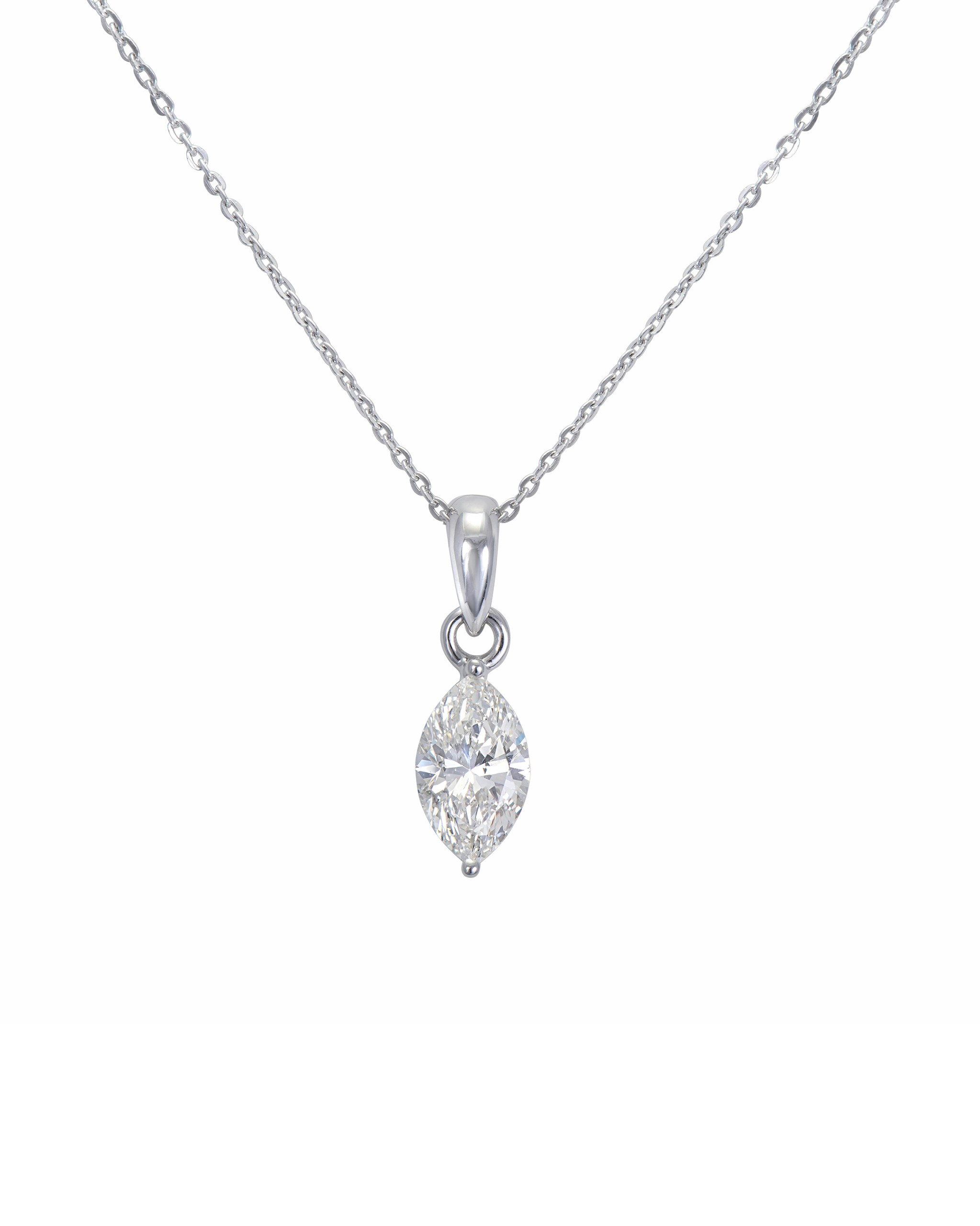
Pear: Teardrop of Glamour
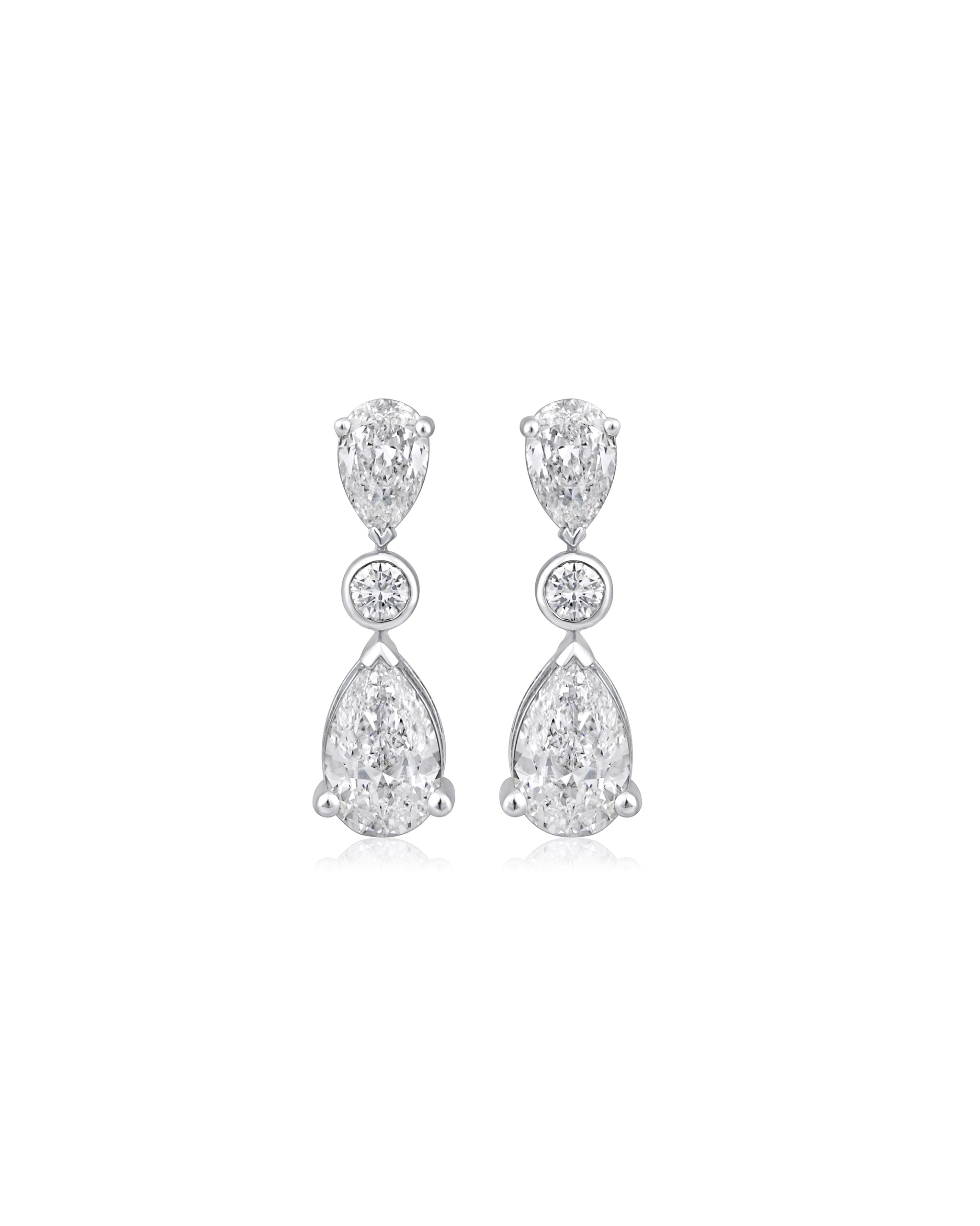
A hybrid between the round and marquise shapes, the pear or teardrop shape has captivated since its invention in 1475 by Flemish polisher Lodewyk van Bercken. Dramatic yet delicate, it’s often worn pointing outward for a slimming effect on the hand. From Elizabeth Taylor to Victoria Beckham, this shape has long symbolised individuality wrapped in timeless elegance.
The Comebacks: Vintage Shapes with Modern Appeal
Favoured across generations or decades, these bold, architectural, and often vintage-inspired diamond shapes are now being rediscovered.
Sharp, triangular, and often used as accent stones, the trillion shape is striking in its asymmetry and angles. It’s now emerging as a bold solitaire choice for those who crave edge and clarity in equal measure.
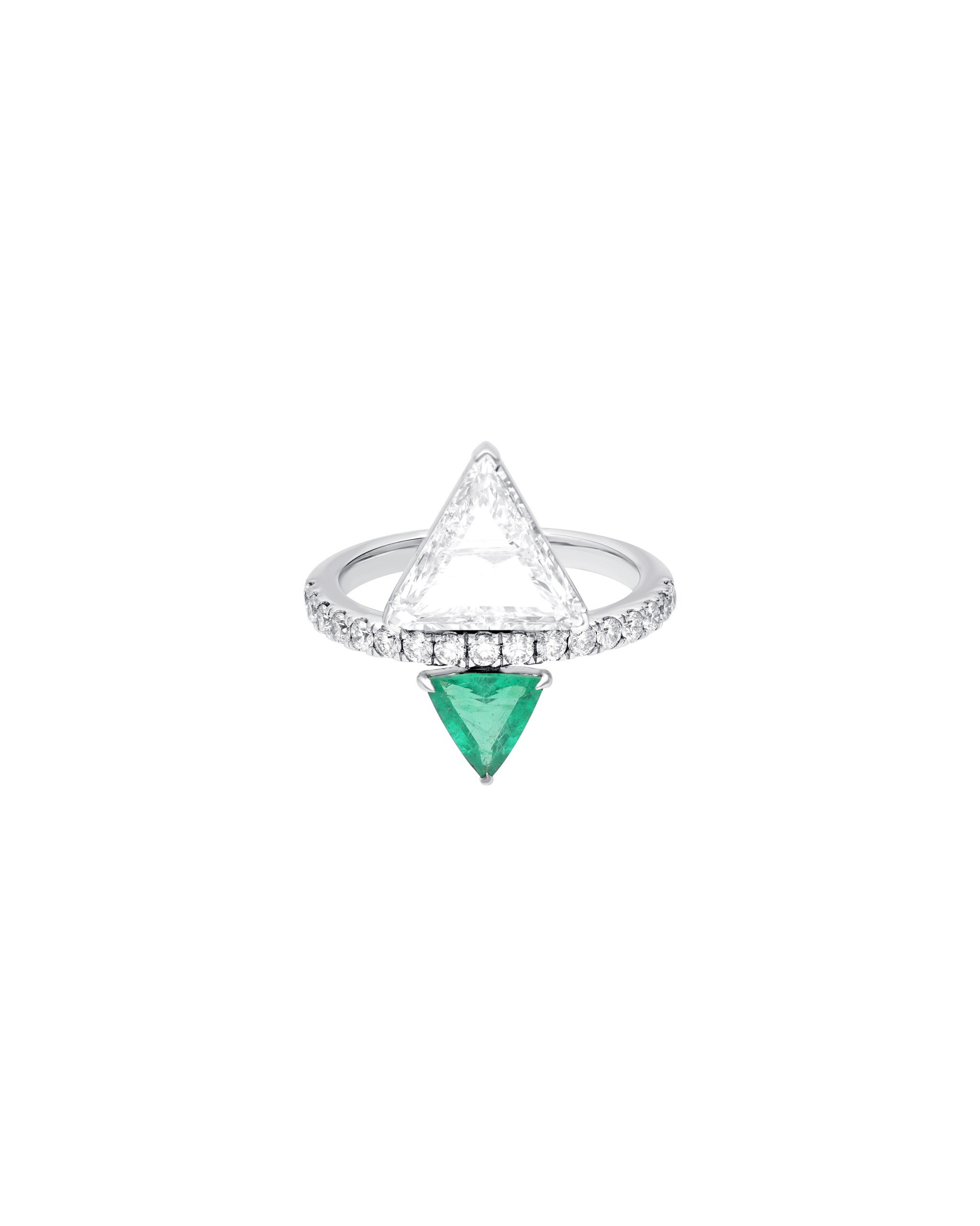
Princess: Bold Precision
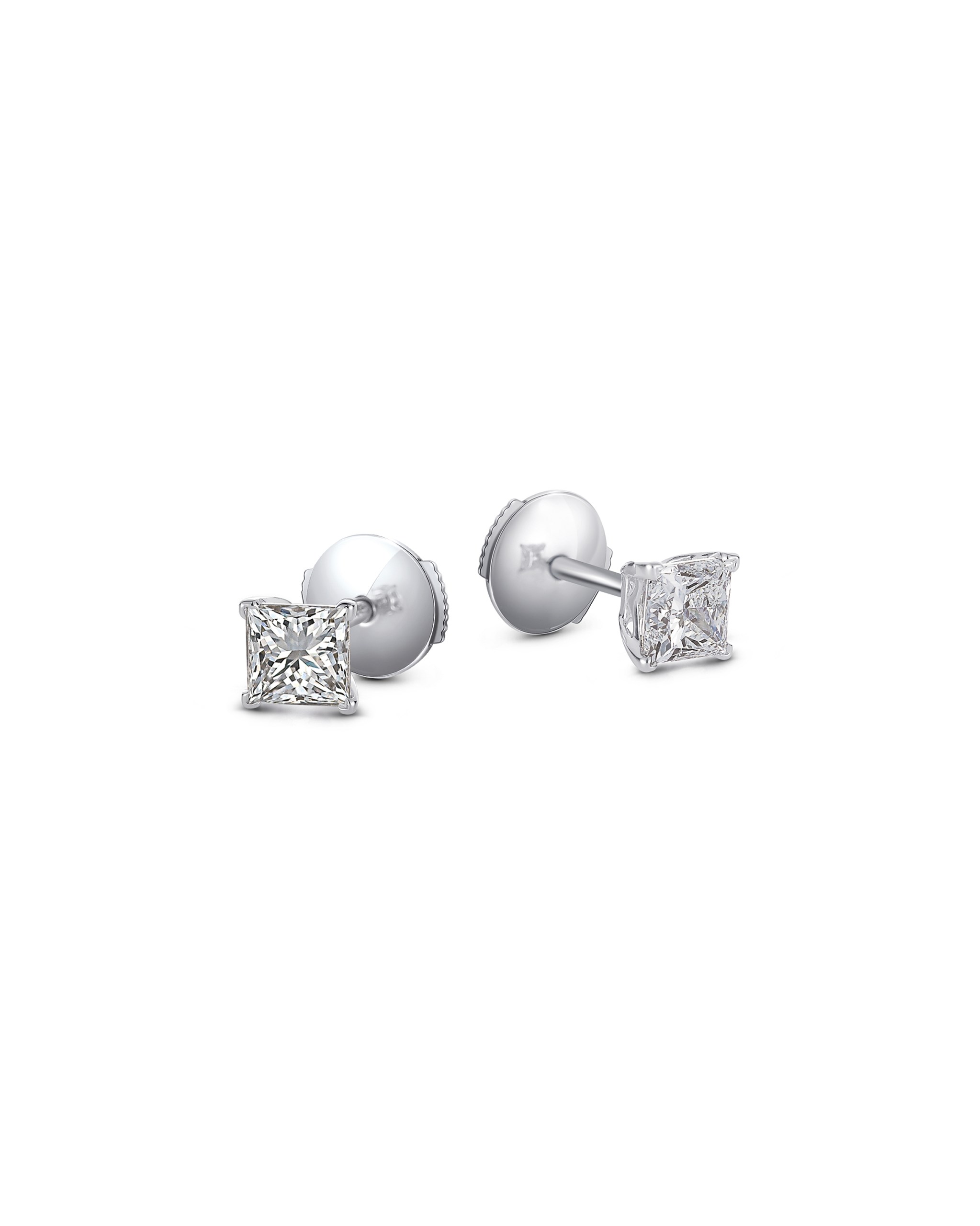
Sharp, striking, and brilliantly contemporary, the princess shape emerged in the 1970s as a daring departure from tradition. With its square outline and brilliant faceting, it delivers maximum sparkle with an architectural edge.
Radiant: The Hybrid Muse
Introduced in 1977, the radiant shape combines the cropped corners of an emerald with the facet pattern of a brilliant shape. Its versatility makes it ideal for those who want the best of both worlds—old-world elegance with contemporary sparkle.
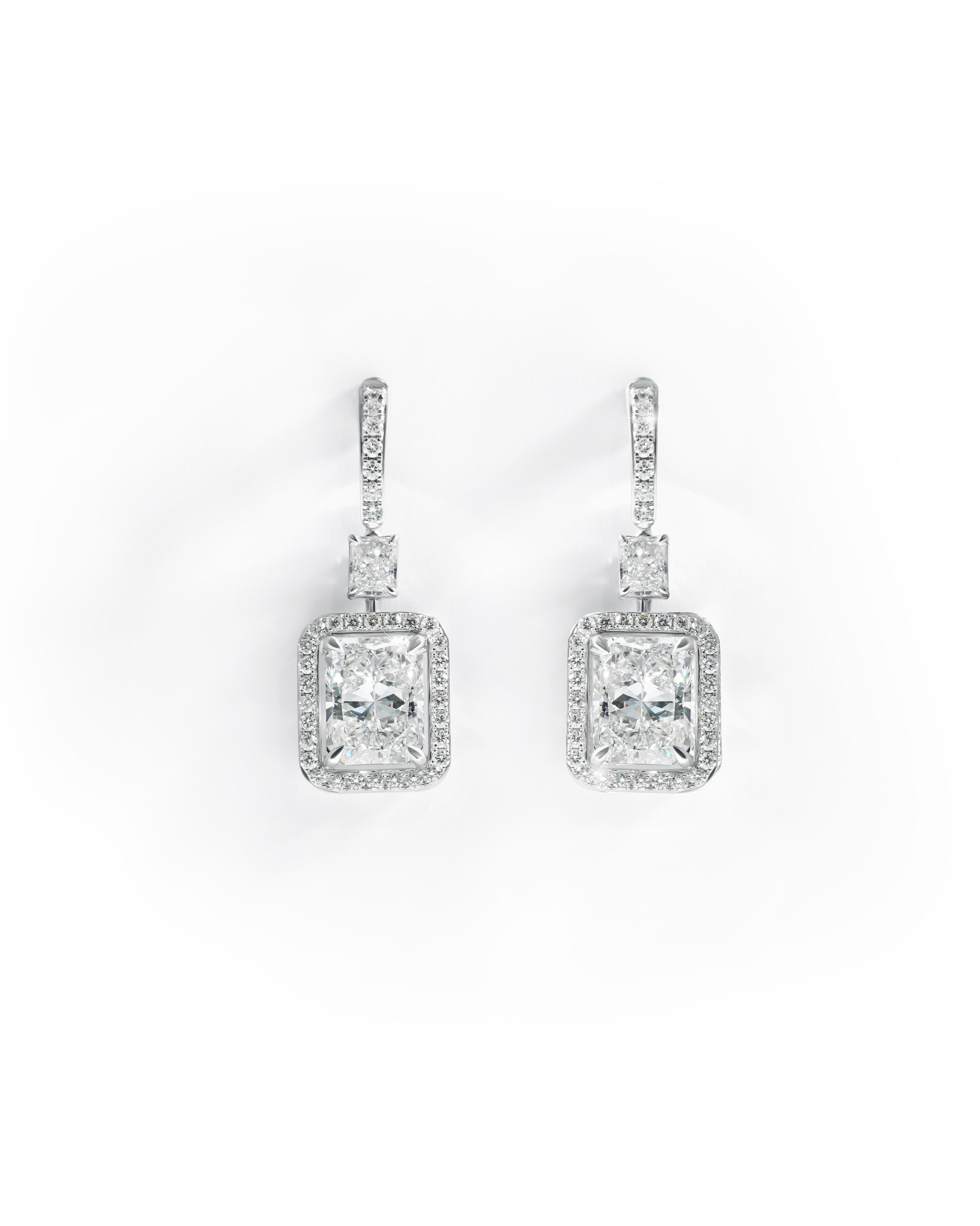
Asscher: Deco Revival

An epitome of Art Deco chic, this shape was patented in 1902 by the Asscher brothers of Holland. With its deep pavilion and cropped corners, it radiates clarity and symmetry. The perfect blend of heritage and modern minimalism was recently embraced by stars like Pippa Middleton.
Rose: The Soft Whisper
Dating back to the 1500s, the rose cut shape has a flat base and a domed top covered in triangular facets that resemble a blooming rose. It exudes an ethereal, almost antique quality. Often seen in low-profile, bezel settings, it’s perfect for daily wear.
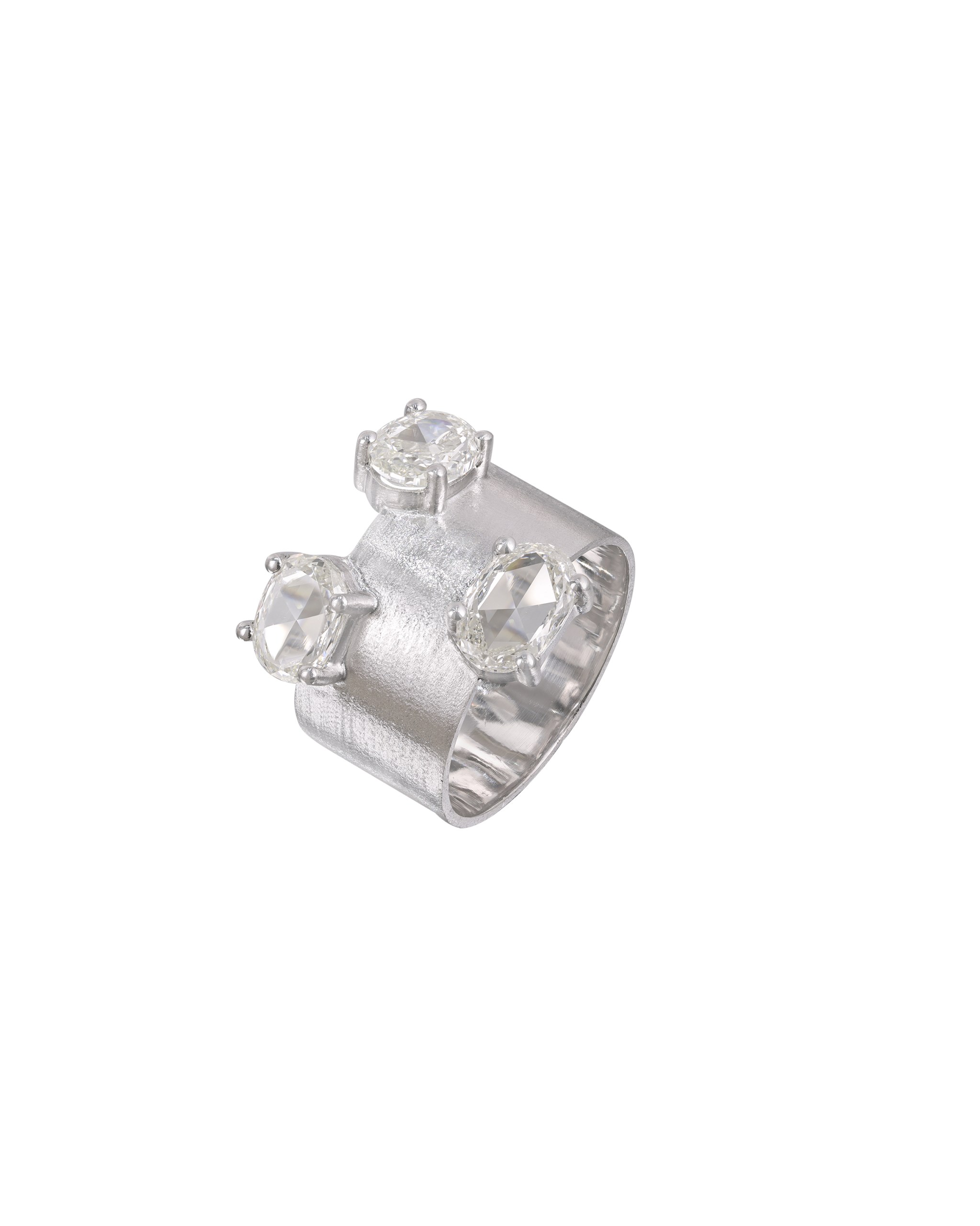
Old Mine: The Poet’s Diamond
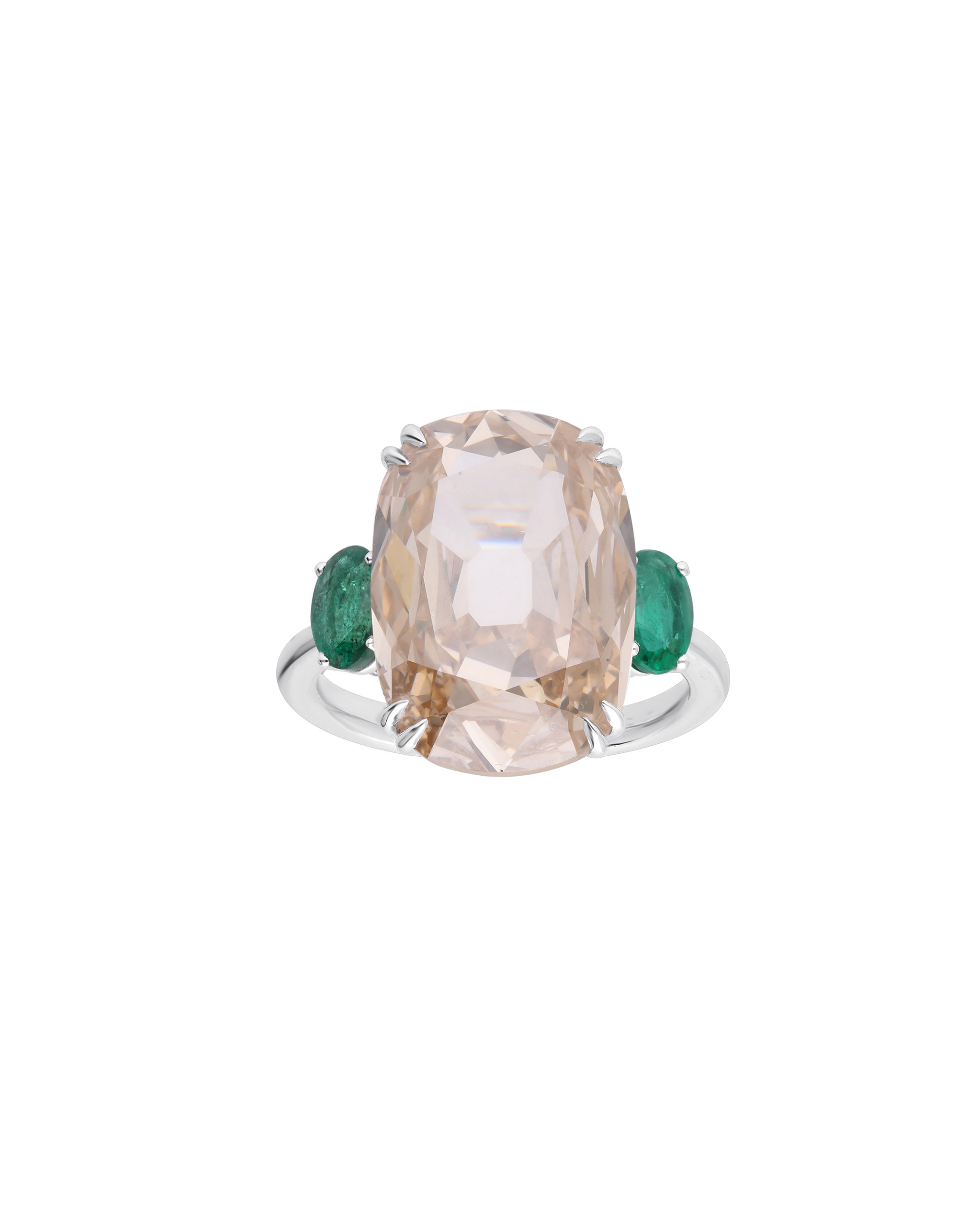
Origins as historical as the 1700s, high crown, small table, and large, hand-shaped facets define the Old Mine shape. The precursor to the modern cushion shape radiates a soft glow. Slightly asymmetrical, it was once popular in Georgian and Victorian jewellery. Now, it’s making a comeback thanks to its vintage charm and eco-conscious appeal.
Baguette: Understated Sophistication
Understated yet iconic, baguette diamonds are rectangular step-shape stones often used as accents. Think of them as the LBD of diamonds—versatile, sleek, and endlessly elegant. Paired with larger stones or stacked as bands, they offer refinement with a whisper.
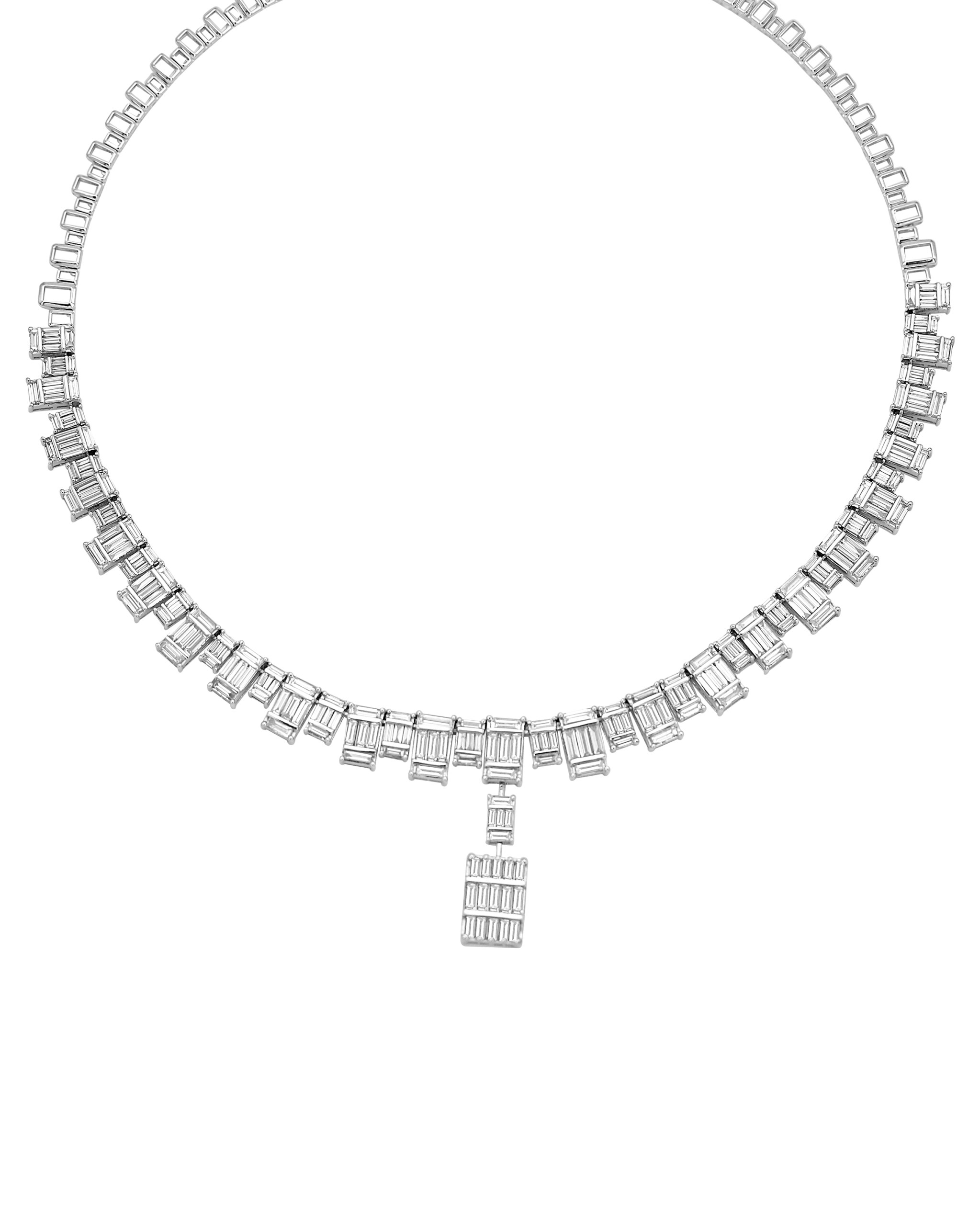
Kite: The Shape Shifter
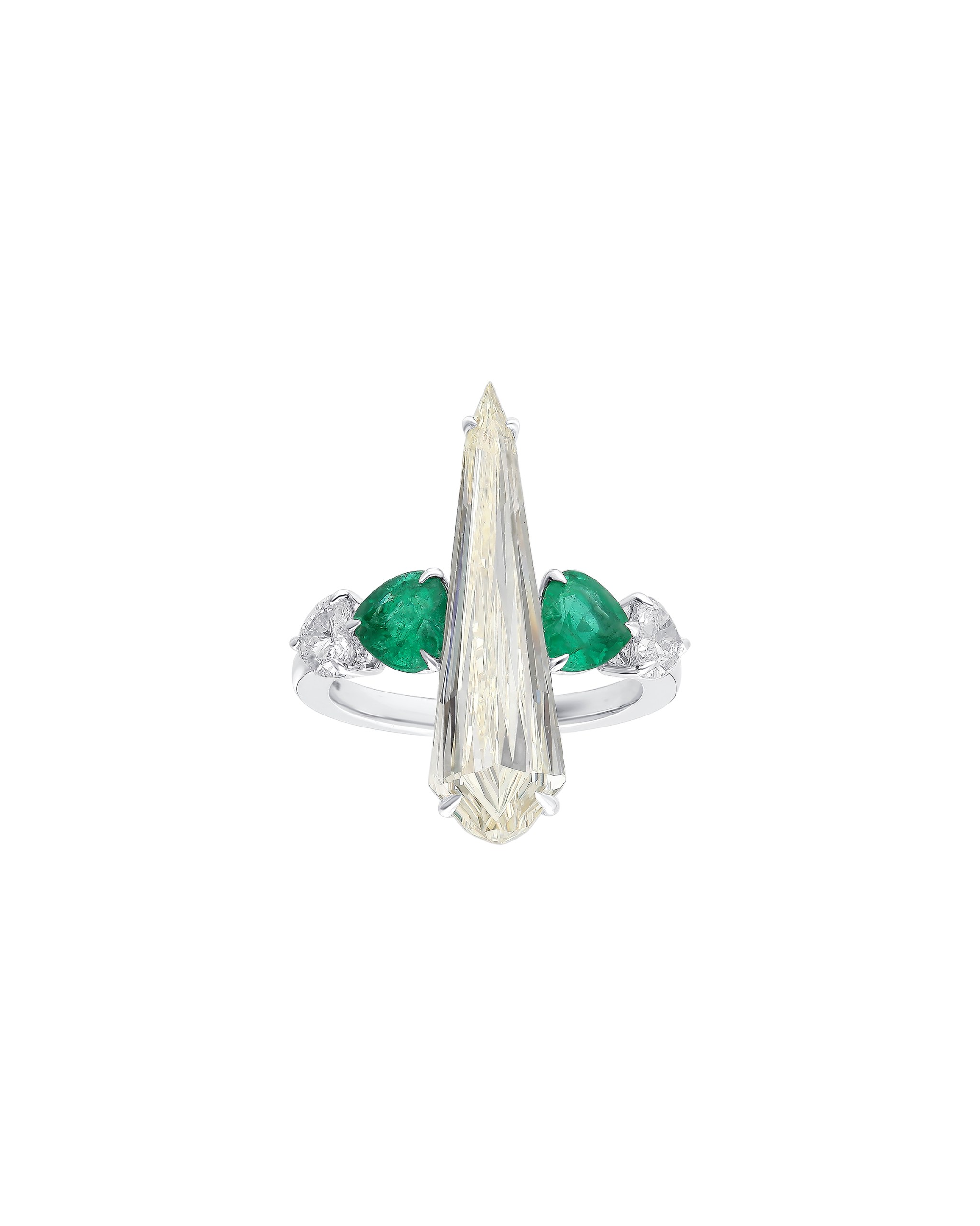
Kite-shaped diamonds are a sculptural, avant-garde choice gaining traction among collectors and edgy brides alike. Often used in east-west settings or as part of mixed-shape clusters, this shape plays with geometry and negative space for maximum visual intrigue.
Briolette: Faceted Elegance
Shaped like a slender teardrop or grape, the briolette is one of the oldest diamond shapes, defined by its fully faceted surface covered in shimmering triangular facets. Unlike traditional shapes, briolettes are usually drilled at the top and designed to dangle—catching light from every angle as they move. Elongated, romantic, and often used in earrings or pendants, the briolette offers delicate brilliance and antique charm in equal measure.
